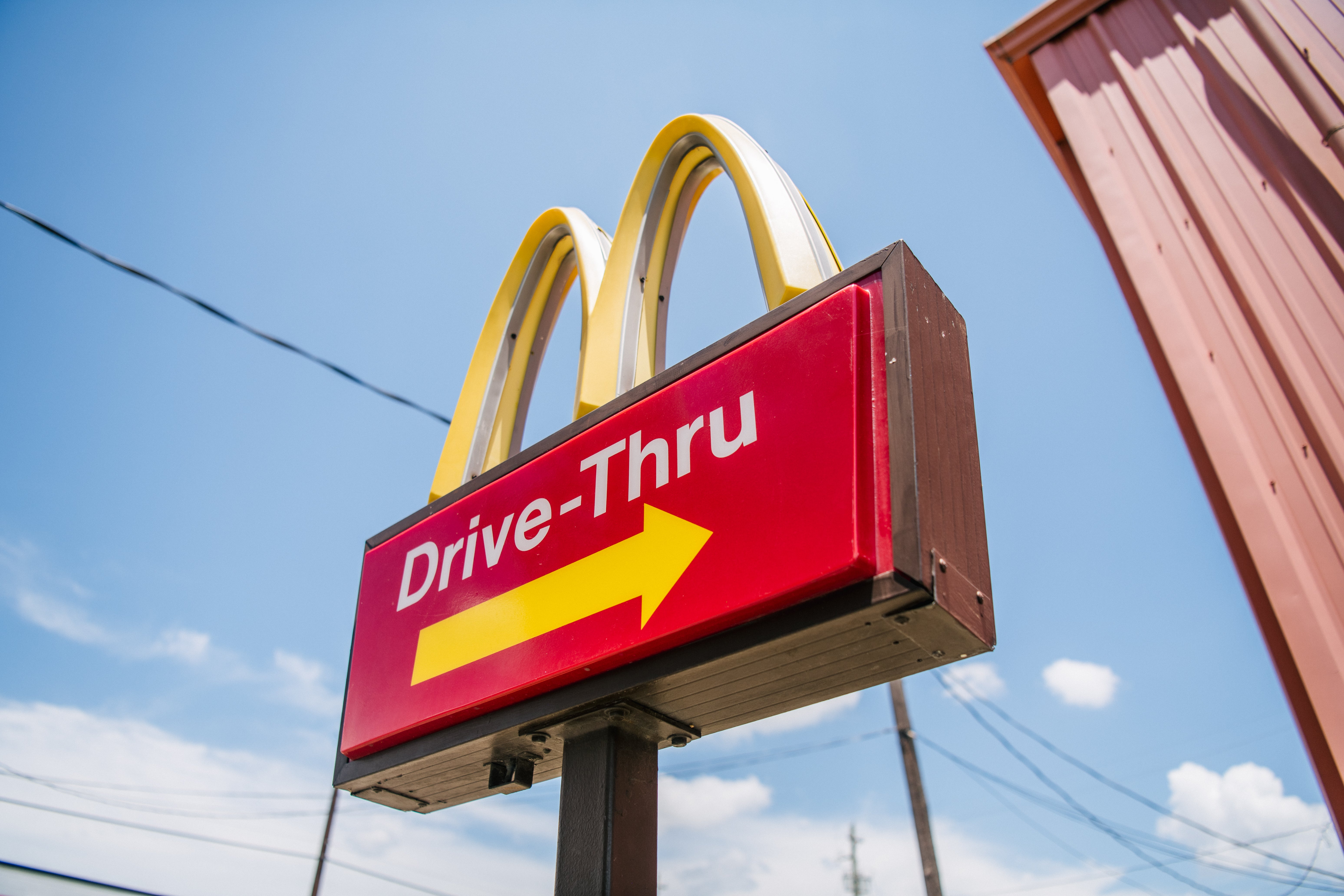McDonald’s and Wendy’s accused of beefing up burgers in ads
The two fast-food giants are among the list of quick-service restaurants being slapped with lawsuits over their promotions’ alleged beefed-up patties

Your support helps us to tell the story
From reproductive rights to climate change to Big Tech, The Independent is on the ground when the story is developing. Whether it's investigating the financials of Elon Musk's pro-Trump PAC or producing our latest documentary, 'The A Word', which shines a light on the American women fighting for reproductive rights, we know how important it is to parse out the facts from the messaging.
At such a critical moment in US history, we need reporters on the ground. Your donation allows us to keep sending journalists to speak to both sides of the story.
The Independent is trusted by Americans across the entire political spectrum. And unlike many other quality news outlets, we choose not to lock Americans out of our reporting and analysis with paywalls. We believe quality journalism should be available to everyone, paid for by those who can afford it.
Your support makes all the difference.The bacon is sizzling and the onions crispy.
Slices of American cheese - melted and gooey - peek through the toppings, blanketing what looks like a juicy and thick burger patty. Like a sommelier assessing a fine wine, a man grabs the burger, pulls it close to his nose and takes in the aroma.
“Hand crafted by hand. Aged for zero years. Local customs say it can only bear that name if it was crafted in a Wendy’s,” the ad for the fast-food chain’s Bourbon Bacon Cheeseburger concludes.
But the mouthwatering burger from the video and other advertisement materials is nothing like the ones given to customers at Wendy’s, according to a lawsuit filed Tuesday in US District Court for the Eastern District of New York. The 35-page class-action complaint alleges that both Wendy’s and McDonald’s are duping customers by overstating the size of their food items and the amount of toppings they include in “false and misleading advertising.”
“[Wendy’s and McDonald’s] advertisements for its burger and menu items are unfair and financially damaging consumers as they are receiving food that is much lower in value than what is being promised,” the complaint reads.
The two fast-food giants are among the list of quick-service restaurants being slapped with lawsuits over their promotions’ alleged beefed-up patties. In March, the same three law firms involved in the new case made similar allegations against Burger King, the “Home of the Whopper.”
Wendy’s, McDonald’s and Burger King did not immediately respond to requests for comment from The Washington Post late Tuesday.
In advertisements, Wendy’s highlights “large burgers compared to competitors and containing thick and juicy beef patties stuffed with toppings,” the complaint states. Mickey D’s “also materially overstates the size of its beef patties using the same deceptive practice as Wendy’s,” the lawsuit alleges.
But instead of a burger with a plump patty, hearty bun, copious toppings and perfectly oozing cheese, customers are getting its ugly cousin - a puny, slapped-together product with 15 to 20 per cent less meat than the one in the ads, the lawsuit claims.
The disconnect between what’s promised and what’s delivered, the lawsuit alleges, comes down to food styling. To make the burgers look larger, a stylist uses undercooked burger patties. Since meat changes appearance under heat, “that ensures a big, plump patty, whereas fully cooked burgers tend to shrink and look less appetizing,” according to the lawsuit.
Food styling is not unique to the two fast-food chains. Behind almost all professional shots, there’s a stylist employing tricks to make the food look more delicious. It’s a bit like how fashion brands pin, clip and rework garments on models - which is why clothing might fit people differently than what’s advertised. In the case of food, stylists might use shaving cream instead of whipped cream, soy sauce diluted with water instead of coffee, or glue instead of milk. Even microwaved tampons are sometimes used to create steam to give the impression of piping-hot food.
Yet such hacks are unfair to consumers, according to the lawsuit - not only because they’re misleading, but also because the practice is “unfairly diverting millions of dollars in sales” that would’ve gone to other restaurants that “more fairly advertise the size of their burgers and menu items,” the complaint states.
For now, a New York man, Justin Chimienti, is the only named plaintiff in the case, which is seeking compensatory and punitive damages for the alleged violations of consumer protection laws - or lack of juicy patties, sizzling bacon and crispy onions.
Washington Post
Join our commenting forum
Join thought-provoking conversations, follow other Independent readers and see their replies
Comments